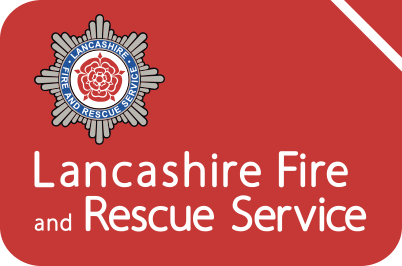Don’t Drink and Drown: What You Need to Know
The Royal Life Saving Society UK, Don't Drink and Drown encourages smart decisions around water—especially after drinking. It also reminds us to look out for our mates. If someone’s had too much to drink, don’t let them walk home alone—help them get home safely.
The Reality Behind the Risk
Between 2018 and 2023, nearly half of accidental drownings among 18–25-year-olds involved alcohol or drugs. Many of these incidents happened when people were walking near water alone and accidentally fell in. These tragedies are preventable—with a bit of awareness and support from friends.
Simple Ways to Stay Safe
Stick together – Make sure no one stumbles home alone after drinking
Avoid water – Steer clear of rivers, lakes, canals or docks if you’ve been drinking
Plan your route – Choose a safe way home that avoids water altogether
Be extra cautious in winter – Cold water shock can take your breath away in seconds and lead to drowning, even for strong swimmers
Why Alcohol and Water Don’t Mix
Alcohol has a powerful effect on your body:
It lowers your inhibitions—you’re more likely to take risks you’d usually avoid
It affects coordination and muscle control, making it harder to move or swim
It slows your reaction time, meaning you may not respond quickly enough in danger
It numbs your senses, making it almost impossible to swim safely
The Bottom Line
A night out shouldn’t end in tragedy. Stay aware, make safe choices, and look after each other—especially near water. If you’re heading out for drinks, plan ahead and make water safety part of your night.





